Water shortages? Of course. But hey it’s no big deal…
We know there is a finite amount of water on this planet, only a small % of which is accessible to us, about 2.5 million trillion gallons according to USGS and 8020.com. But the exact number isn’t the point. It’s all relative.
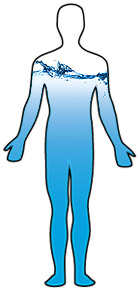
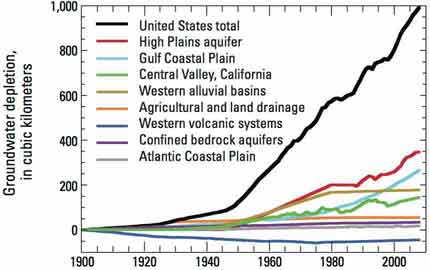
Even if we used our resources perfectly responsibly, human population is growing. With a finite quantity of water, relative proportion of water to people can only go in one direction.
But water isn’t disappearing. It can’t.
So where is it going? Humans are made up of 70% water, that’s about 13 gallons per person. So a billion more people means about 13 billion fewer gallons of available fresh water, right? Ok, that’s really not that much…
With the average American using just under 90 gallons every day at home, or 33,000 gallons a year, and US population of 323 million, that’s 10.6 trillion gallons each year just in the US, just for household use. But not all of it is gone, right? It is cycled right around and cleaned back up, si o no? Does it go back in the ground?
Or like my nearest city, where sewer water gets treated at a wastewater plant and it flows out into surface waters through wetlands. This, in turn, either
- is cleaned even more via plants which lose much of it to transpiration,
- evaporates,
- flows down river and away from the region, or
- recharges the aquifer from which it was pumped.
Whatever amount flows away and out to the sea then becomes tied up as part of the inaccessible saltwater of the oceans.
Big Questions…
…Need Big Answers
Enter the brilliance of inspired human minds, stage right.
Not sure about you, but around my nearest city any excess rainfall (or any at all) treated as a nuisance and is channelled away from any developed areas as quickly as possible — for good reason: to prevent flooding — via “storm drains” piped directly into the same surface waters that then transpire, evaporate or flow out to the sea or to a different region.
Anyone else see a pattern?
Some believe the current situation will correct itself after groundwater becomes more inaccessible, prices shoot up and then the market responds by investing in and innovating new solutions. And what of the cost of these solutions? Will this be part of infrastructure paid by our taxes, or affect individual water rates, or both? How bad does it have to get and for how many people?
Now like I said, I am a huge believer in the creative genius of my fellow friends and members of this human race, as long as there is some incentive. I don’t like to think that anyone would knowingly create or accelerate water shortages for personal financial gain. But the consensus of the water experts is that supply and demand will eventually drive up water prices just as it does any finite natural resource. When it costs less to conserve than to waste water, when it hits our pocketbook — then, and only then, will the market respond and the masses start pursuing more conservation-friendly options.
Some, however a select few,
are already doing the right thing before they are backed against a wall and forced into it. It may cost them more. They may endure challenges and ridicule in the process. But what drives them is bigger than that. It is the integrity of knowing they are on the right path of making the world better for their kids and grandkids. Nobody said it would be easy, but it will be worth it.
I know of at least one option that almost any homeowner has right now to build in rainwater harvesting, a key element of water security and recharging groundwater, as part of their everyday lives, and in doing so can actually save money by getting much more than just a reservoir. They get a better lifestyle, and one that they can feel good about.
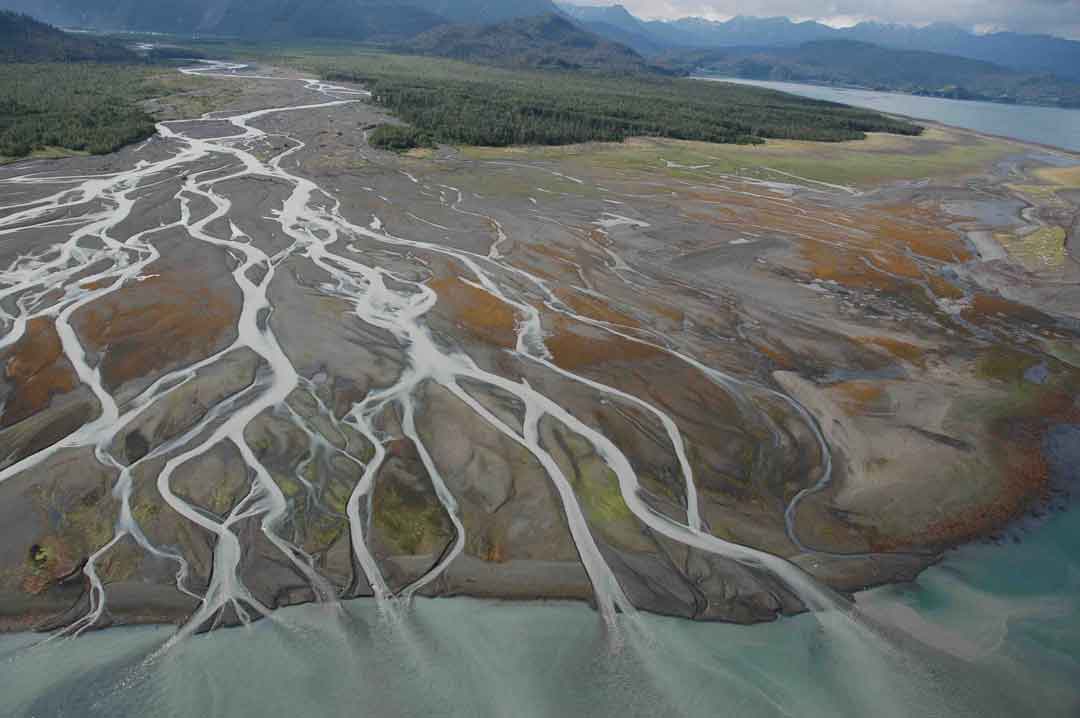
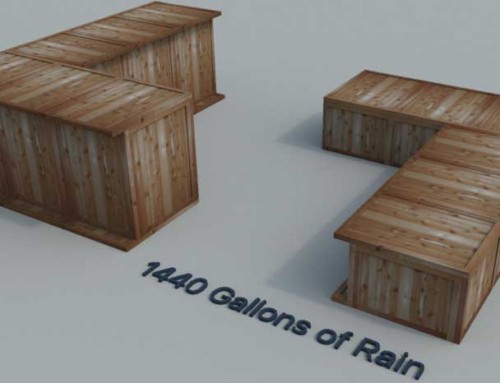



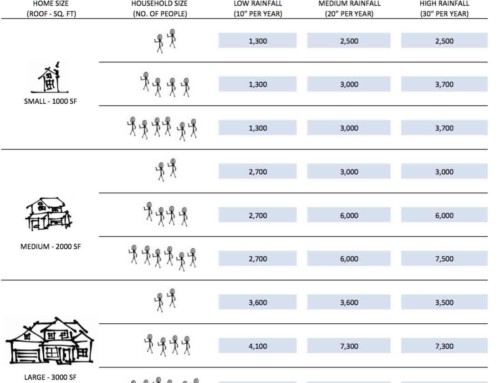

Leave A Comment